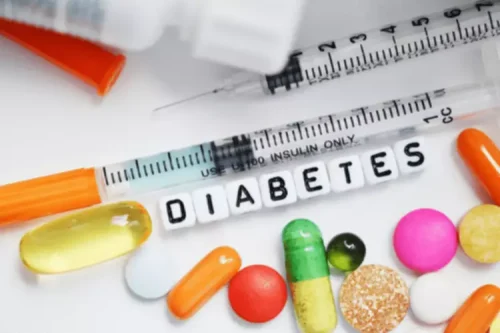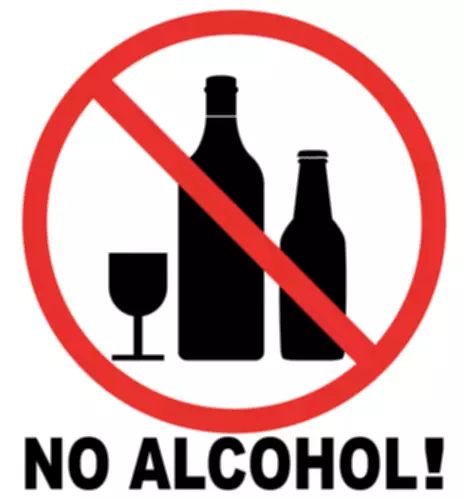Daily smokers will have a lot more THC accumulated in the body, and it will be released into the blood for a long time even after you stop smoking. The more regularly you exercise, the faster you can release THC from the fat cells into the bloodstream. Now, this calculator doesn’t just give you a number, it actually presents a chart showing how long weed will stay in your system. More specifically, it shows for how long weed can be detected in your urine for a drug test. After weed enters your system, it can take between one to three hours to feel the complete effects and another one to three hours for those effects to wear off, according to Healthline.
Take Our Marijuana Addiction Self-Assessment
This release can take up to weeks in chronic users of cannabis and may be somewhat irregular, depending on what else your body is metabolizing. Therefore, you might have a negative blood test several days after use but a blood test administered the next day could come back positive. For infrequent users, it might show up on a urine test for up to 3 days. The amount of THC, method of consumption, and your body’s unique processing all affect the detection window.
Urine Testing
We can give an estimate of the amount of time marijuana remains in the body, but the most reliable way is to test yourself twice weekly until your first, morning urine sample tests clean. However, even this is not 100% foolproof because home drug detection kits have a higher upper limit of detection (usually 50 ng/mL) compared to some other medical testing kits. This means you may test negative, but a laboratory test may still show marijuana in your system. Following a single marijuana use, THC is unlikely to be detected in the urine beyond 3 days at the 50 ng/ml cut-off level and beyond 7 days for the 20 ng/mL cutoff level. 4 For a single use based on the 50ng/mL cutoff, carboxy-Δ9-tetrahydrocannbinol can be detected in the urine within 3 days.
How long do tests detect weed?
- If you’ve smoked 2 to 4 times recently but didn’t use it since, weed will stay in your urine for 10 to 18 days.
- This shows the fundamental difference in how our bodies process THC and nicotine.
- Additionally, employers may also have drug testing policies in place that could have consequences for those who show traces of cannabis in their system.
- If you’re faced with a lab test, you will almost certainly have to ‘pee in a cup’.
- This is because of the lifestyle, and thus the metabolism of any 2 people is different.
Ifyou are facing a medical emergency or considering suicide or self harm, please call 911immediately. There is no effective and safe way of expediting your body’s removal of THC. The best thing you can do is stop using if you’re anticipating a drug test or be honest about your drug use if you’re struggling to quit. In Alabama, saliva testing is performed on drivers suspected of driving under the influence of cannabis. In the worst-case scenario, drinking too much water can be dangerous and lead to water poisoning. Aim for 8-10 glasses daily and space it over the day, not all at once.
Regular and heavy marijuana users may be concerned if they have an upcoming drug test. Between one and three months is a long time to wait, and you may need a little help to pass a urinalysis. Drug testing is pretty standard in companies all over the world. Plenty of employers require their workers to undergo tests to prove the absence of drugs in their system. Typically, this comes in the form of blood, saliva, or urine tests. If you’re wondering “how long does marijuana stay in your system?
Exercise
However, while exercise might help the body metabolize more THC, exercising too near to a test may also cause a positive result due to having THC in the bloodstream. This means that a person who smokes several times over several days has consumed a higher THC dose than someone who smokes once, so they are more likely to test positive. Some 77% of heavy users and 39% of light users produced positive tests.
- A healthy diet high in fiber can help you excrete more, potentially speeding up THC elimination.
- After the weeklong period ended, six subjects still had detectable THC concentrations, and all subjects had measurable levels of the metabolite THC-COOH.
- Of course not; it depends on how frequently you smoke, M/F and how much you weigh.
- So, if you are frantically scouring the web for solutions to clean your system fast, you may be out of luck.
A person with a higher fat percentage will have a prolonged rate of excretion of THC because they have more fat cells holding on to THC and its metabolites. In a nutshell, the THC half-life of an older person is significantly increased; sometimes, it can be as great as a fourfold increase. When the THC metabolites get into the blood, the liver removes them from the bloodstream, and then they are excreted through the urine and stool.
- Be wary of detox products – many aren’t backed by science and won’t guarantee a negative result on a drug screening.
- Some instructions also require you to take the concoction a day or two before as well.
- Recovered is not a medical, healthcare or therapeutic services provider and no medical,psychiatric, psychological or physical treatment or advice is being provided by Recovered.
- Dehydration increases concentrations of THC in the body.
What Factors Impact How Long Weed Stays in Your System?
Common symptoms include aggression, anxiety and sleep issues (like insomnia). These symptoms aren’t dangerous and typically don’t require medical care. But withdrawal is a sign how long does weed stay in your system of cannabis (marijuana) use disorder, which does require professional care.
How Long Does Marijuana Stay in Blood?
However, if our athlete is a frequent smoker, they can actually detox faster than non-athletes. USA TODAY is exploring the questions you and others ask every day. From “How long does alcohol stay in your system?” to “What is Delta-8?” to “Where is weed legal?” – we’re striving to find answers to the most common questions you ask every day. Head to our Just Curious section to see what else we can answer for you. Tetrahydrocannabinol (THC) is the chemical in weed that gives users that high feeling. Every person metabolizes weed differently, which impacts how long it’ll show up on a test.



